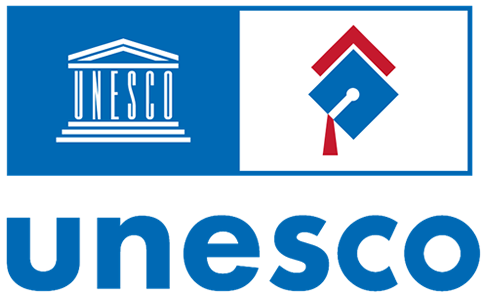Parentalidades y cuidados de primeras infancias en universidades mexicanas
Resumen
A pesar de que las instituciones de educación superior (IES) han sido actoras clave en los debates académicos sobre maternidad y paternidad en México, prestan escasa atención a lo que ocurre dentro de sus propias comunidades. Las condiciones en que se ejerce la maternidad o paternidad, especialmente cuando se cuida a primeras infancias, suelen ser invisibilizadas, y las desigualdades que las atraviesan, poco reconocidas. El artículo busca visibilizar las maternidades y paternidades en las IES mexicanas desde una perspectiva de desigualdades, con énfasis en la conciliación entre las responsabilidades académicas y de cuidado. Para ello, se recurre a datos estadísticos nacionales y al diseño de un cuestionario propio que fue aplicado a distintos perfiles universitarios: estudiantes de licenciatura y posgrado, personal académico y de investigación. Los resultados muestran que las IES desconocen quiénes son y qué necesitan las personas que maternan o paternan en sus comunidades. Las experiencias parentales no son homogéneas y reflejan marcadas desigualdades, especialmente para las mujeres, quienes enfrentan mayores barreras para ejercer su maternidad y avanzar en su trayectoria académica. Aunque algunas IES cuentan con algunas medidas de apoyo, estas son limitadas en cobertura y perspectiva, lo que limita su efectividad. Se concluye que, con una reorientación más inclusiva y sensible a las desigualdades de género y de perfiles de la comunidad, las IES podrían convertirse en espacios más favorables para quienes maternan o paternan primeras infancias sin que ello involucre sacrificar los estudios, la carrera académica o de investigación.
Derechos de autor 2025 Alma Vanessa Arvizu Reynaga

Esta obra está bajo licencia internacional Creative Commons Reconocimiento-NoComercial 4.0.
Los derechos de autor permiten la protección del material original, y frena la utilización del trabajo ajeno sin permiso. UNESCO IESALC se adhiere a las licencias Creative Commons en la publicación de acceso abierto de la ESS. En concreto, los textos publicados en esta revista están sujetos a una licencia Creative Commons Reconocimiento-NoComercial 4.0 Internacional (CC BY-NC 4.0): La ESS es una revista de acceso abierto, lo que significa que todo el contenido está disponible gratuitamente para el usuario o su institución. Los usuarios pueden leer, descargar, copiar, distribuir, imprimir, buscar o enlazar a los textos completos de los artículos, o utilizarlos para cualquier otro fin lícito, sin pedir permiso previo al editor o al autor, procurando siempre cite al autor. No se permite el uso comercial. La ESS requiere que los autores acepten el Copyright Notice como parte del proceso de envío. Los autores conservan todos los derechos.
La licencia completa puede consultarse en https://creativecommons.org/licenses/by-nc/4.0/
 Reconocimiento – NoComercial (CC BY-NC 4.0)
Reconocimiento – NoComercial (CC BY-NC 4.0)
Esta revista no aplica ningún tipo de cargo a los autores por la presentación o procesado de los artículos. Los autores de las colaboraciones recibirán acuse de recibo de que el trabajo ha llegado al Equipo Editorial de la Revista.




.png)
